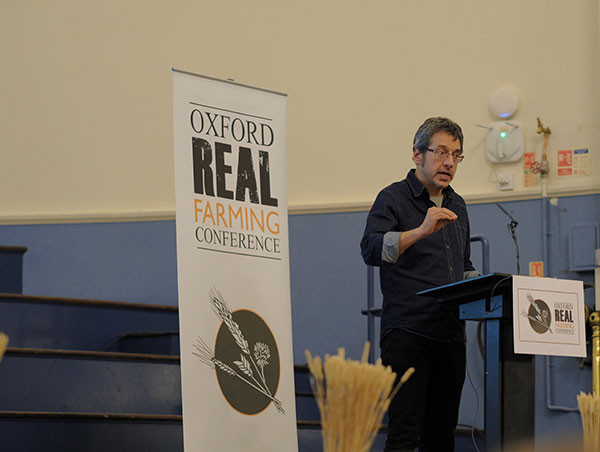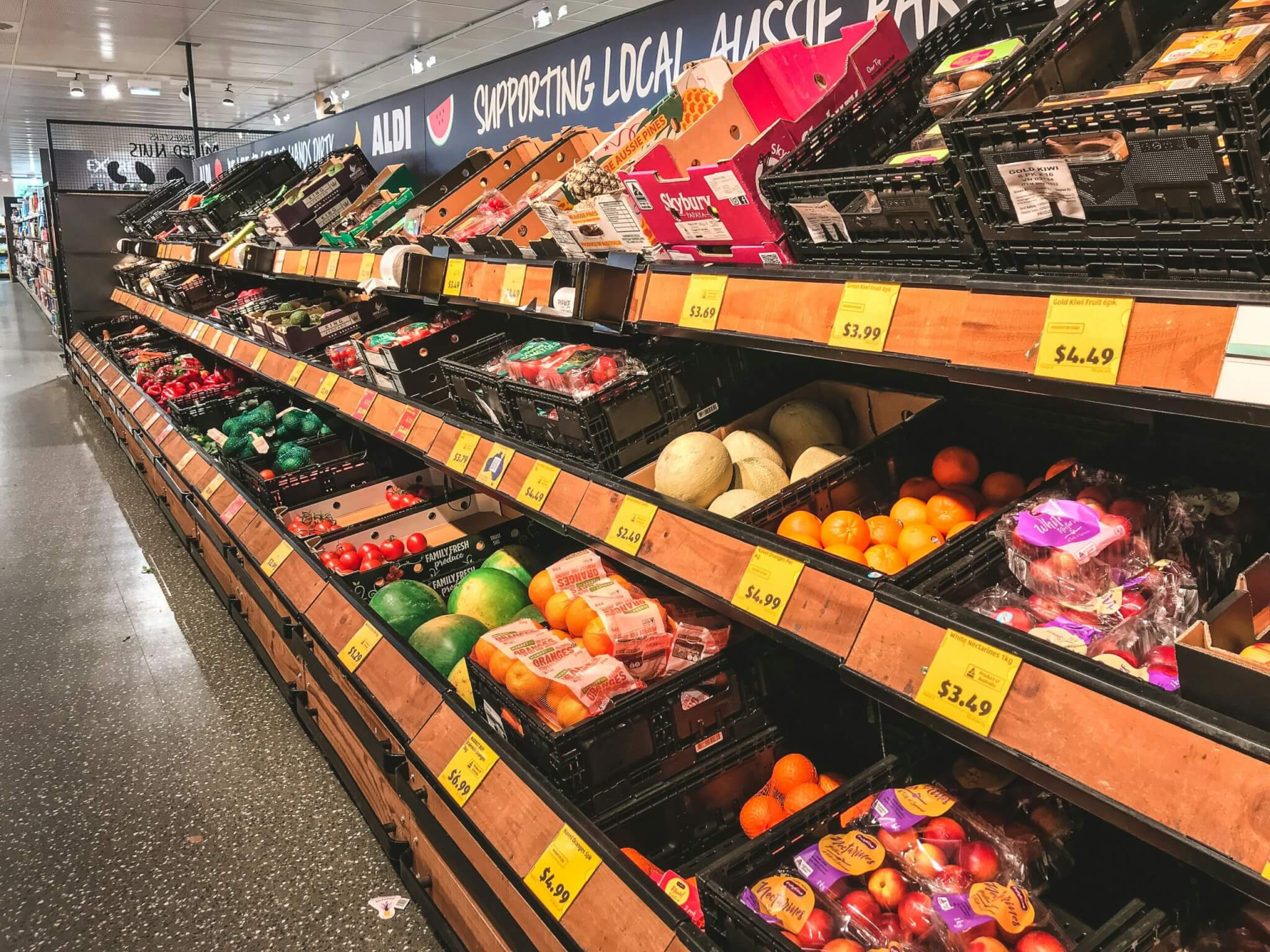Should we abolish all livestock farming and switch to lab-grown proteins to free up land for rewilding, or not? The heated headline debate at last week’s Oxford Real Farming Conference became increasingly polarised between the Guardian’s vegan environmental campaigner George Monbiot, food writer and omnivore Joanna Blythman who has campaigned against factory farming for 30 years, and Patrick Holden, farmer and director of the Sustainable Food Trust.
While booed, Monbiot stood his ground and I’m glad he challenged the norm – this could be the catalyst that’s urgently needed if the farming industry is to successfully reach net zero carbon emissions by 2050.
In my view, any feasible solution is far from simple. Of course, our food system is not currently sustainable: the climate crisis not only threatens our food supply but most food production exacerbates the impact. However, we also shouldn’t discount all farming as the same – if sustainable food systems became more mainstream, they could be a major contributor to carbon capture.

Most of us have an incredible power three times a day when we choose what to buy, cook and eat, and therefore how we impact the environment.
We can consciously decide to support and grow sustainable food systems, or not; we can choose to eat meat, or not; we can opt for wholefoods or an ultra-processed meal, or not; we can analyse food labels to avoid air freighted produce; or be totally self-sufficient.
If only the most sustainable options were more widely available, we’d be able to choose ingredients without those internal battles of weighing up air miles versus seasonality versus animal welfare.
Of course, it’s largely outside an individual’s power to decide what food is available to us, and that’s why any change must be systemic, and led by government, to address wider issues of inequality, poverty and health.
The issue of sustainable agriculture and food security is not binary. It’s not as simple as whether to engage with the farming industry or become vegan. It should be about how to switch the scarily intensive farming practices that are largely in the hands of major corporations to something much less destructive.
The farmers who sat around me at this conference talked of switching to biodynamic methods, finding fascinating ways to eliminate waste and fighting for social justice – they should not be lumped in together with huge factory farms churning out eggs, meat and milk solely to make profit.
Surely, turning towards lab-grown foods driven by venture capitalists simply replaces one type of factory farming for another?
It struck me as I sat among some of the greatest minds in food broadcasting, environmental journalism, food policy and sustainable agriculture, that biodiversity is the common thread that weaves all this together. Clashing of minds with conflicting opinions is such a healthy prospect – it’s all too easy to become blinkered in our echo chambers.
Just as we need disruptors like Monbiot to stimulate dialogue, we need biodiversity in our food system, in the crops we grow, in the microbes within our gut flora, and in the soil that we farm.
If we farm sustainably while prioritising environmental health at all stages, the future of food could be incredibly exciting – from developing more mussel farms around our coast, cultivating seaweed offshore, or farming insects as feed for livestock, to incorporating rooftop kitchen gardens into new builds, and building more vertical farms.
I left feeling optimistic that this industry is on the cusp of a step-change, and one in which diversity should play a central role.











0 Comments